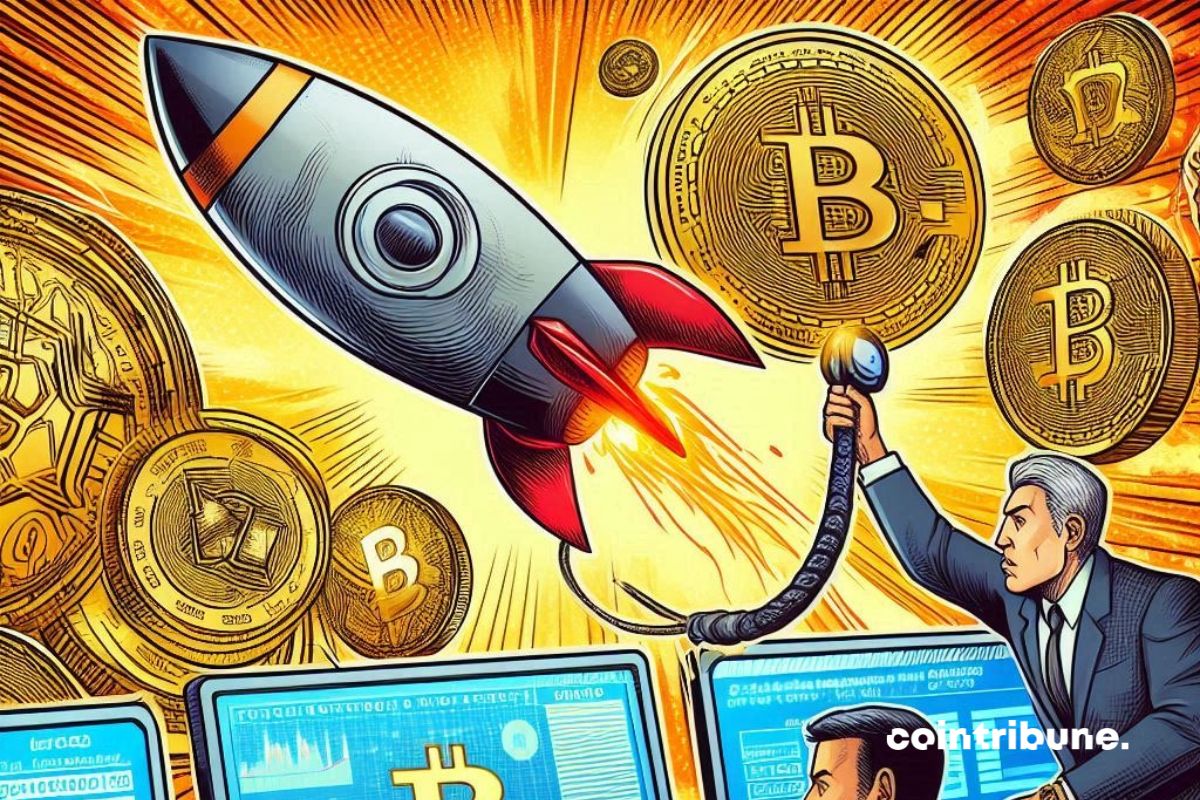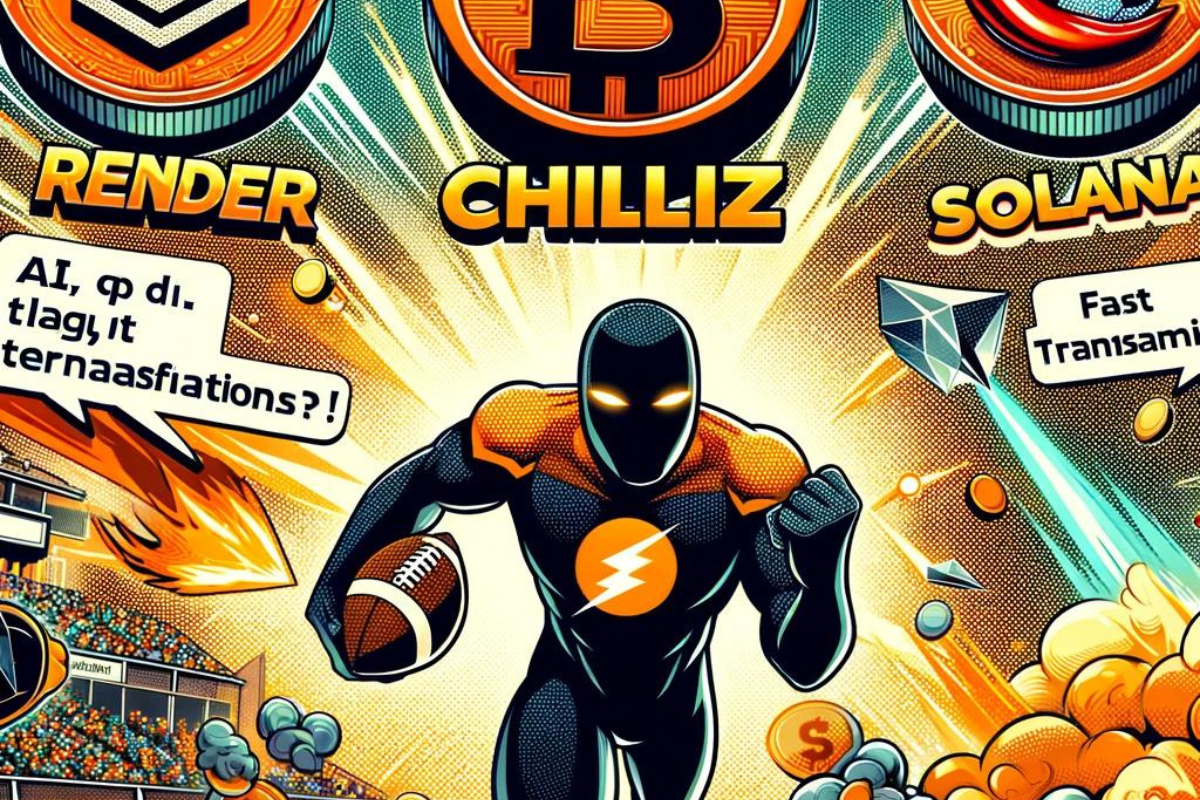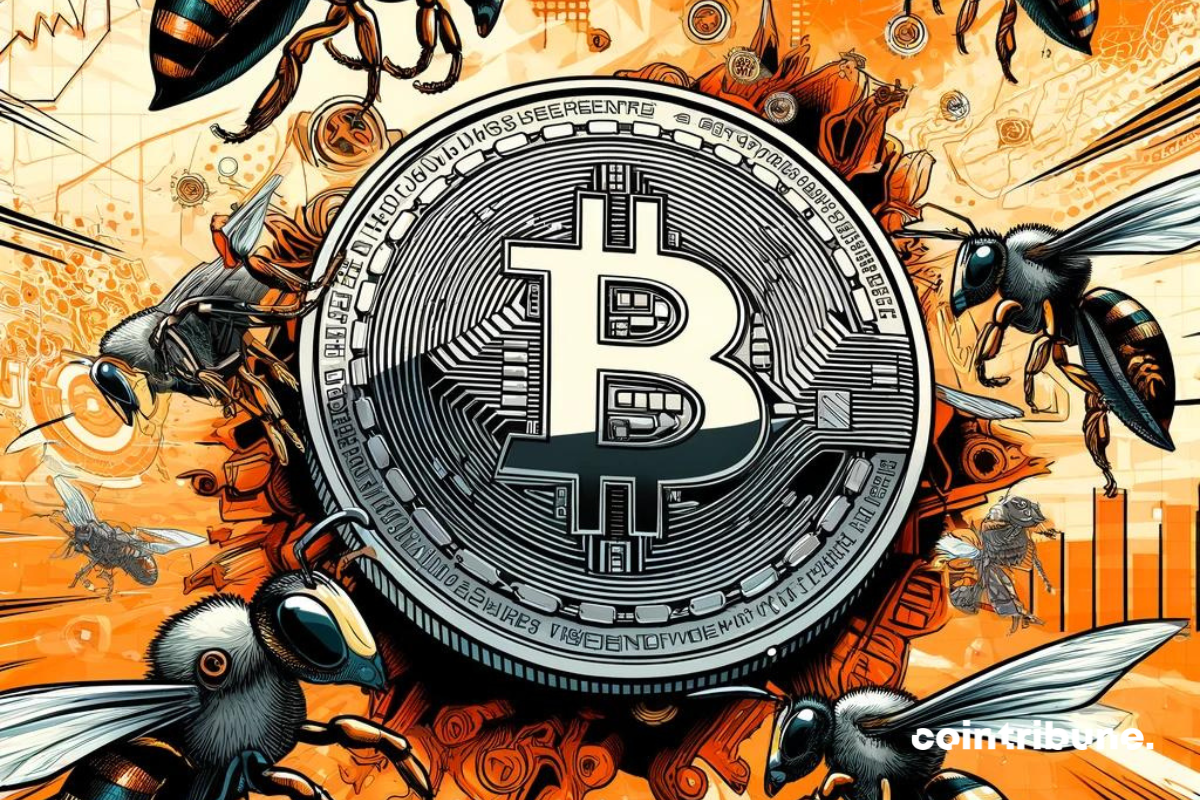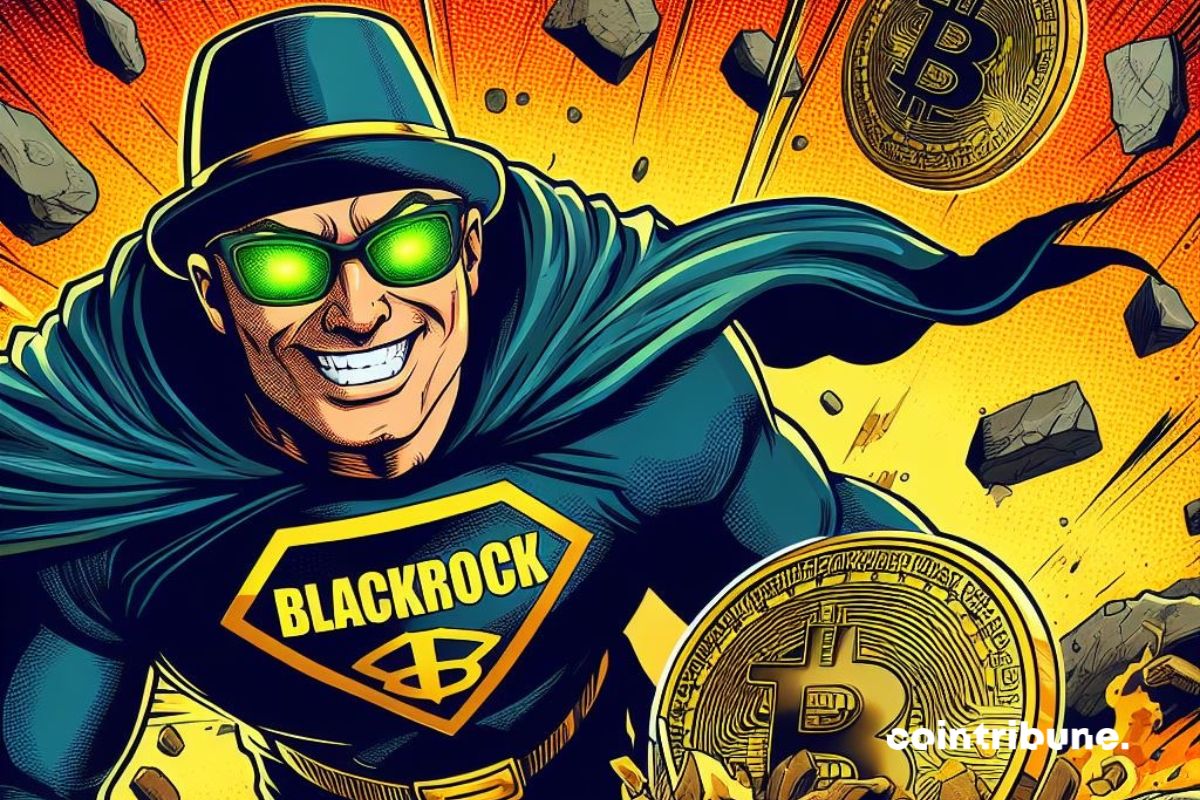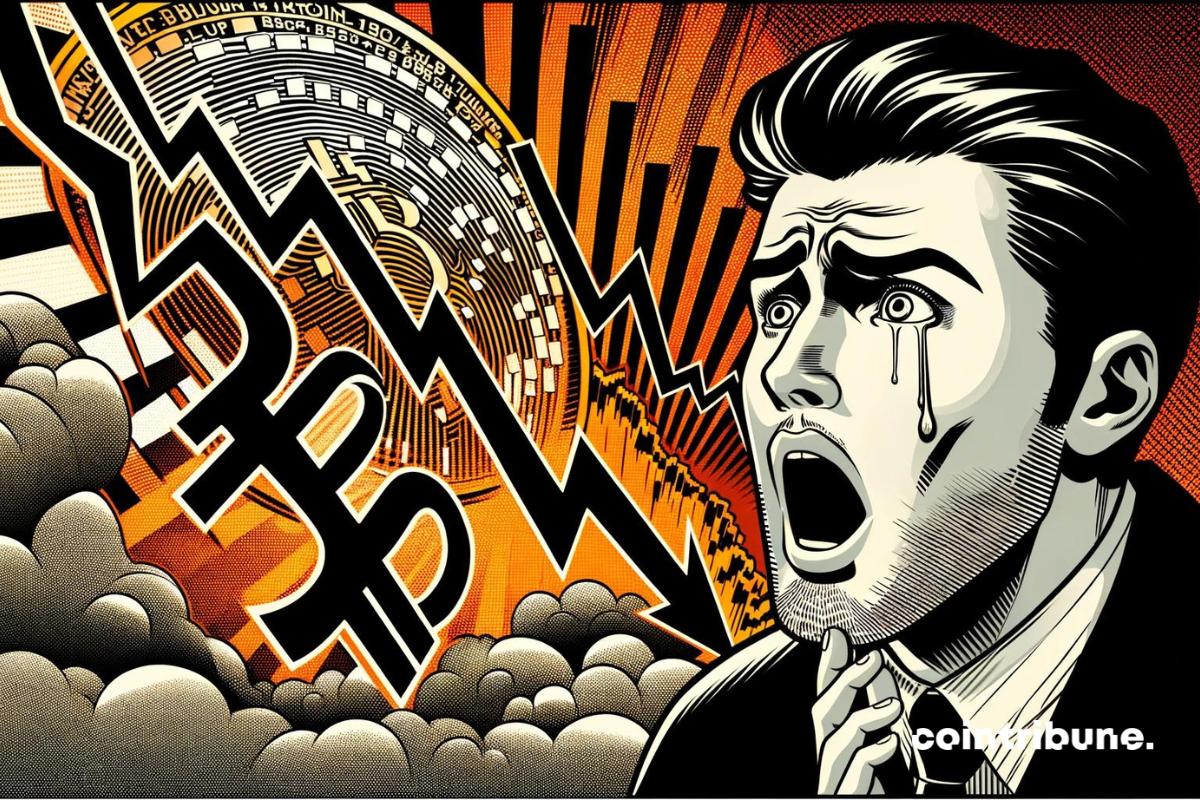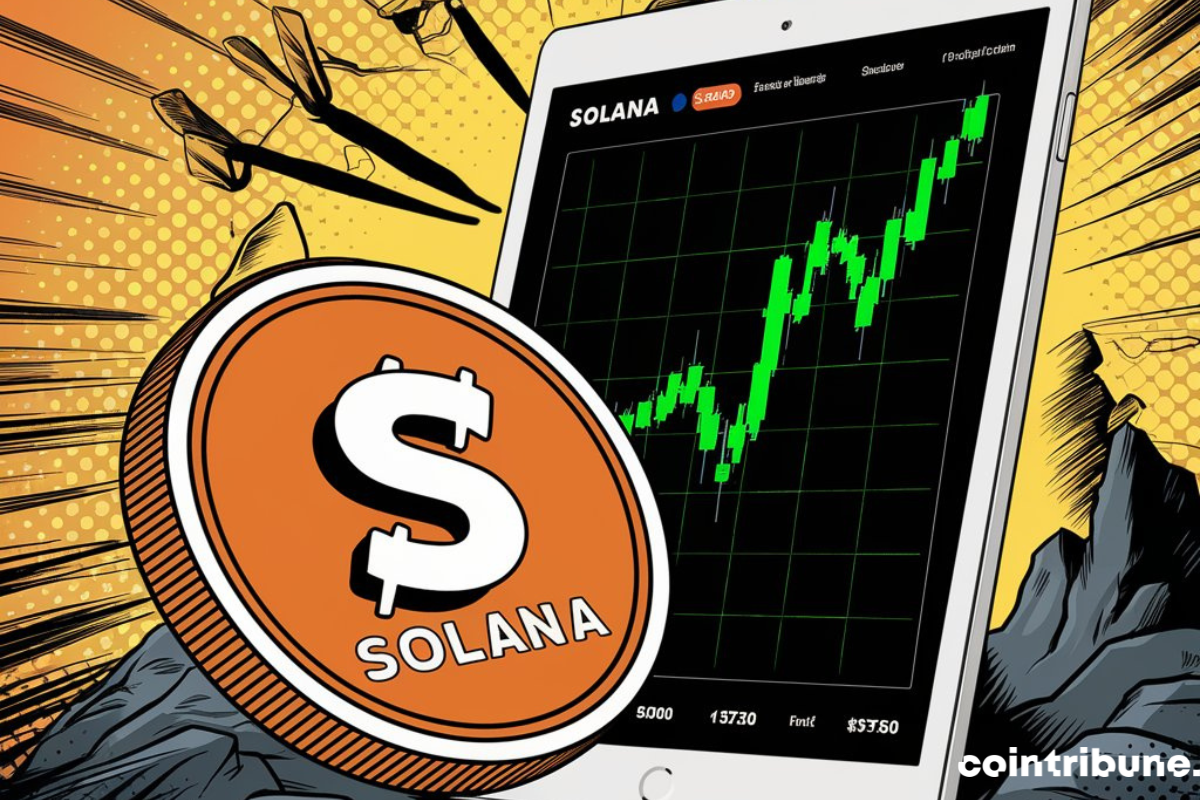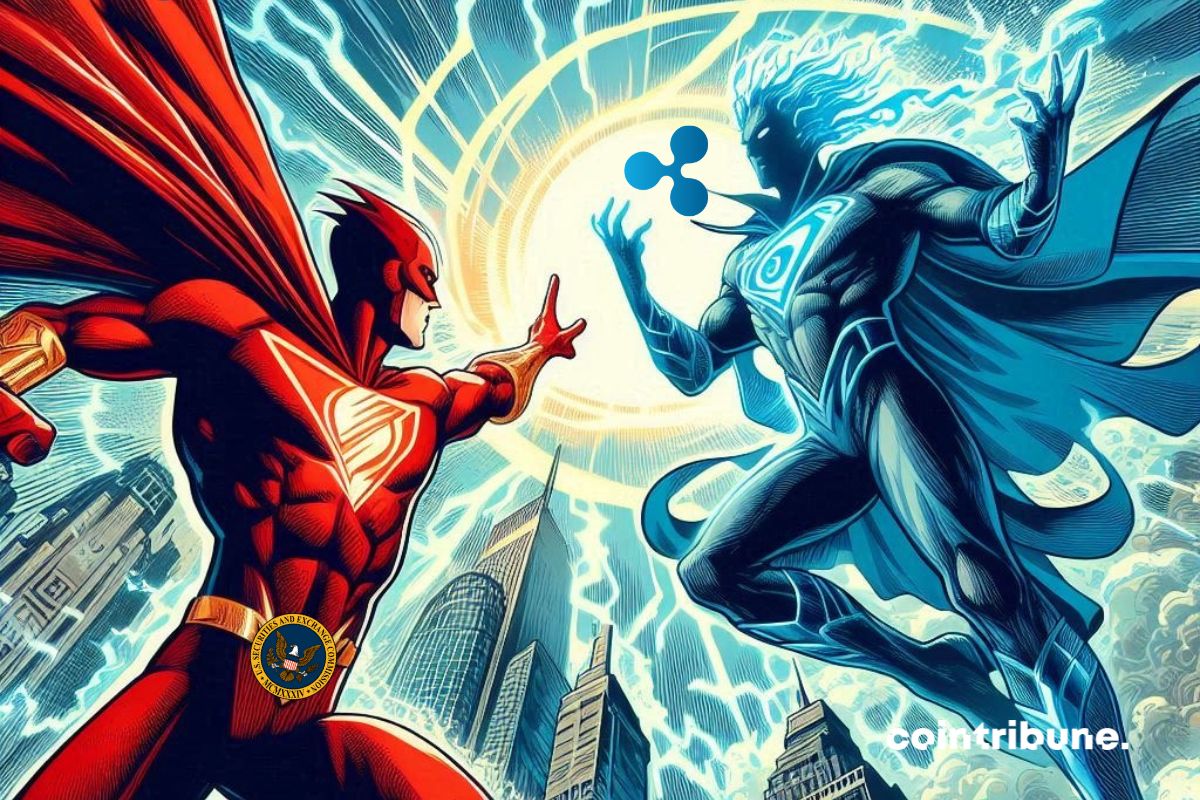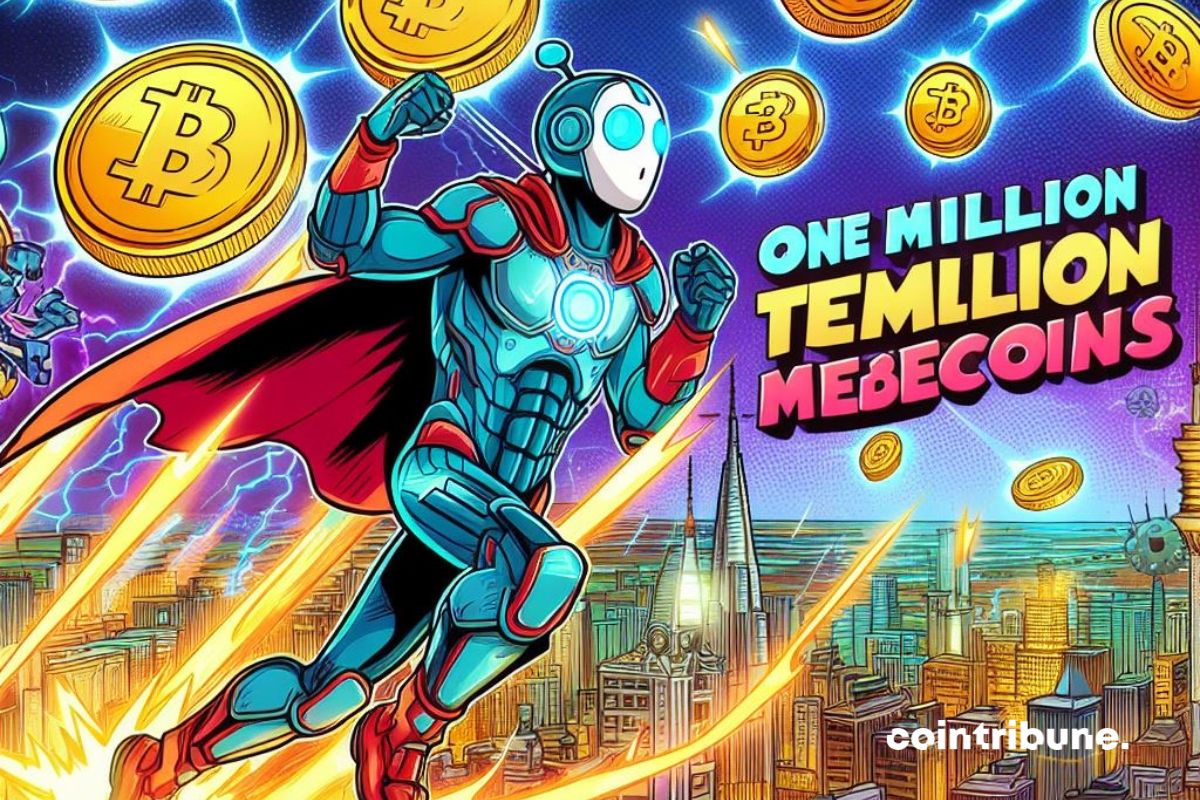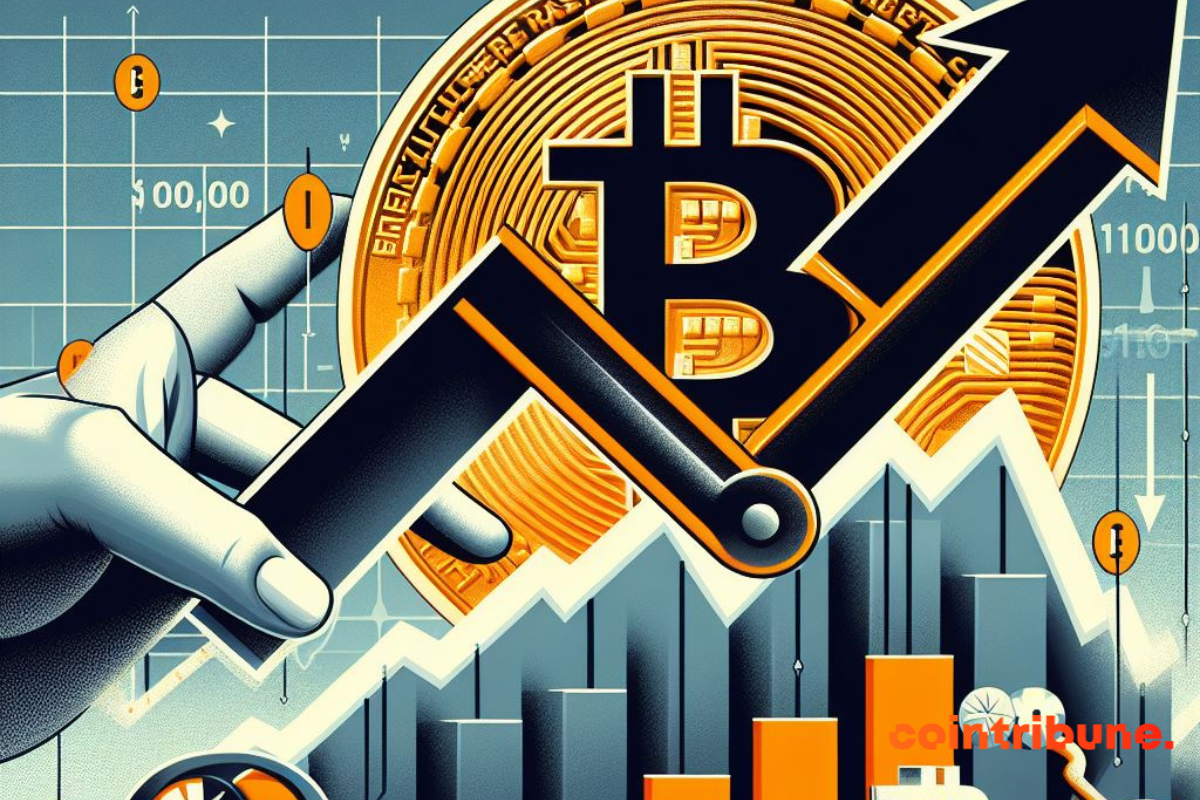The rapid progress of AI continues to open up new horizons, but also raises serious concerns about its potential pitfalls. Blind discriminations, privacy breaches, or significant environmental footprint, criticisms abound. It is in this context that the company Archethic positions itself by providing an ambitious response. This crypto enterprise indeed proposes to place AI in an ethical and virtuous blockchain ecosystem, a bulwark against its possible abuses.
One World Loyalty Posts To Read RSS
Half of Germans are ready for the digital euro, despite limited knowledge of crypto and CBDCs!
Discover how Bitcoin whales are shaping the market by accumulating over 40% of the supply! This comes with some risks!
The crypto revolution reaches a new milestone: Cointribune, the leading crypto news media, is launching UCO on its Read to Earn Marketplace. Now, every article you read earns you units of the Archethic cryptocurrency (UCO), easily and for free. Discover how to participate in this unique experience that rewards your thirst for knowledge!
Europe is on the verge of disrupting the global energy balance. Seeking to end its dependence on Russian gas, it is turning to the United States and Norway to meet its energy needs. This strategic decision, motivated by geopolitical and economic considerations, could redefine international relations and profoundly affect the BRICS alliance, of which Russia is a key member. In a context where energy issues are more crucial than ever, the evolution of this situation deserves particular attention.
Ethereum ETF: Discover how these funds could generate $4 billion in 5 months! A study conducted by K33 Research.
Today, we are fortunate to interview Sébastien, one of the founding members of Massa Labs, who will take us behind the scenes of this innovative company pushing the boundaries of blockchain technology. With a clear vision and cutting-edge technological developments, Massa not only positions itself as an alternative to existing blockchains but also as a pioneer in the future of the decentralized web. Join us to discover the inspiring origins of this project, its disruptive innovations such as autonomous smart contracts, and the exciting prospects awaiting Massa in the near future.
The recent launch of Ledgity marks a long-awaited shift towards more virtues in the cryptocurrency market. Led by Pierre-Yves Dittlot, a pioneering figure in integrating digital assets into wealth management, this platform innovates by adopting a decidedly community-focused tokenomics. A model contrary to the speculative excesses that have recently tarnished the credibility of the crypto sector.
The election of Donald Trump in November could well plunge America into a bloody internal chaos. He is preparing to wage total war on American institutions: from the military to the justice system! Are we headed towards an American dictatorship?
Discover the global expansion of crypto in 2024, with key statistics and emerging adoption trends!
Some cryptos stand out for their disruptive potential and alignment with current technological and sports trends. This June, our spotlight is on Render, Chiliz, and Solana. Let's find out why these cryptos deserve special attention!
The crypto market was recently shaken by an unexpected drop in the value of Bitcoin, which fell below the $68,000 mark. This event has sparked strong reactions among investors and industry experts. Michael Saylor, co-founder of MicroStrategy and a staunch advocate of Bitcoin, broke his silence by expressing his unwavering confidence in the leading crypto despite this decline.
In the ever-changing landscape of crypto, few projects manage to reconcile tangible utility and a strong economic model. Yet, this is precisely the challenge that $BEE, a deflationary token at the core of the Globees ecosystem, is taking on. Indeed, this token cleverly links its economy to the actual activity of the platform, thus ensuring its sustainability.
Mastercard has just taken a new step in the world of cryptocurrencies. On May 29, the company announced the launch of the first peer-to-peer (P2P) pilot transaction of its innovative program, Mastercard Crypto Credential. This initiative marks a crucial turning point for cryptocurrency transactions, promising to simplify and secure international exchanges. Let's discover how this innovation will transform the landscape of digital transactions.
With Solana, PayPal USD promises fast and cheap transactions, solidifying PayPal in the fintech sector.
Like Microstrategy, Semler Scientific will now place its treasury reserves in Bitcoin.
Liberal democracy seemed invincible, triumphing over the forces of fascism and communism. Two decades later, this supremacy is seriously being called into question. Information dynamics in the technological age and geopolitical alliances are threatening liberal democracy in the 21st century. Are we heading towards communism in the coming years?
The recent approval of Ethereum ETFs by the United States Securities and Exchange Commission (SEC) paves the way for broader institutional adoption and increased exposure of digital assets to traditional investors. Since the successful introduction of Bitcoin ETFs earlier this year, all eyes were on Ethereum, the second-largest crypto by market capitalization. Now that Ethereum ETFs have been given the green light, the market is buzzing, anticipating a new wave of massive investments. This new investment opportunity could transform market dynamics and offer significant benefits not only to Ethereum but also to several other cryptos closely related to its ecosystem. In this article, we will explore the three cryptos best positioned to capitalize on this approval of Ethereum ETFs.
Michael Saylor, known for his status as a Bitcoin evangelist, recently surprised the crypto community by taking a favorable stance towards Ethereum-based ETFs. This former Ethereum skeptic not only revised his judgment but also predicted that this new asset class could accelerate institutional adoption of cryptocurrencies.
BlackRock makes a loud entrance onto the crypto scene by storming into the highly coveted niche of tokenized real assets!
Crypto: Easily increase your returns with the BEE token from Globees and MultiversX?
The bitcoin market is going through a crucial period: the demand for the leading crypto, once soaring, is now showing signs of slowing down. This unexpected development raises vital questions among investors and financial analysts. This article unravels the causes and impacts of this slowdown on the crypto market.
The House vote in favor of the FIT21 bill marks a major turning point for crypto regulation in the United States!
The Solana (SOL) price has been skyrocketing in recent days, reaching all-time highs by testing the key resistance of $188. This impressive surge is fueling excitement among crypto investors. Deciphering the factors propelling SOL to new heights.
The latest judicial filing in the showdown between Ripple and the SEC could well mark a decisive turning point for the future of crypto!
As a translator in the blockchain field, I will need the actual text that needs to be translated into English. Please provide me with the text so I can help you with the translation.
As the trend remains bullish with a consensus target of $100,000, has Bitcoin exhausted its bullish potential faster than normal?
More than a million new crypto tokens have been created since April, causing a frenzy around meme coins!
As the crypto market eagerly awaits the Fed's next interest rate decisions, an analyst claims that Bitcoin could reach new highs if high-yield interest rates in the United States fall below 7%. However, the path to $100,000 could be fraught with challenges.
The IMF admits that geopolitical tensions bode ill for the dollar. The BRICS want to cut ties. Why not adopt Bitcoin?









